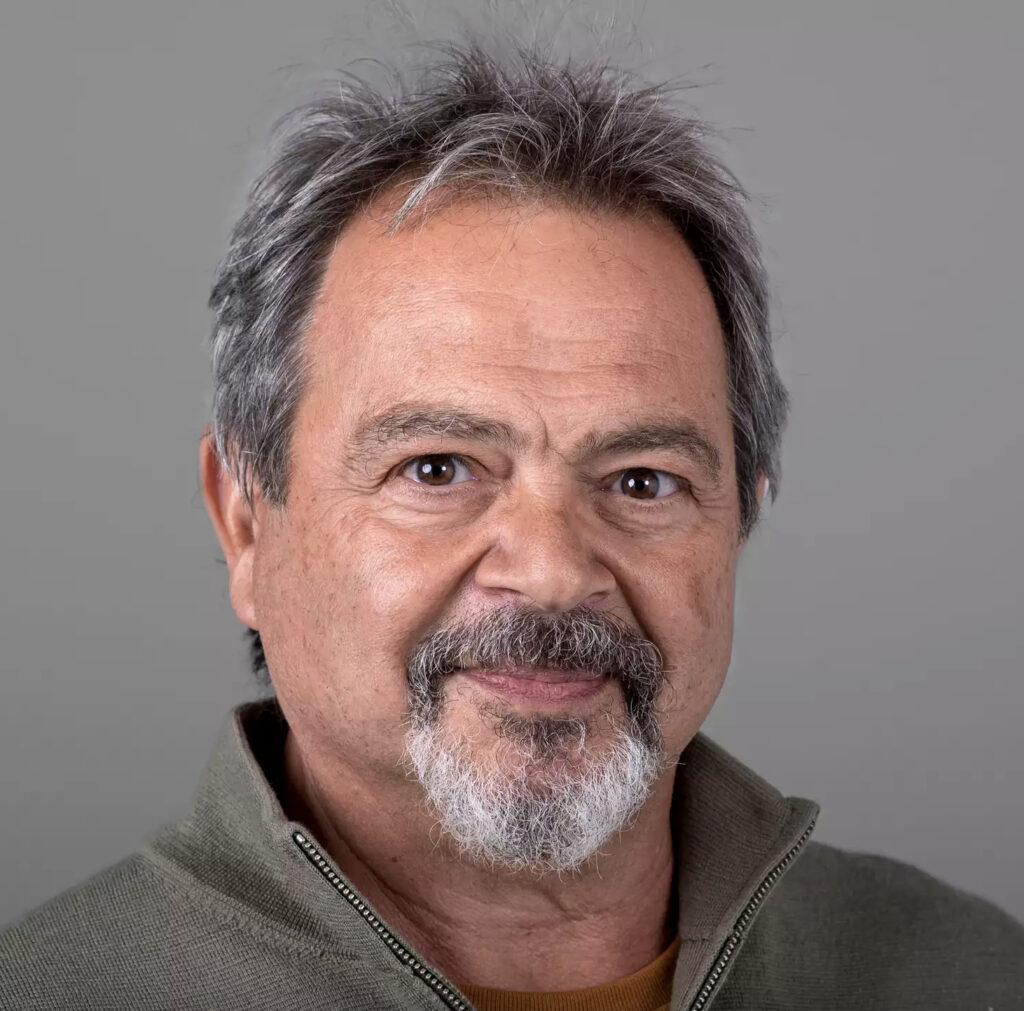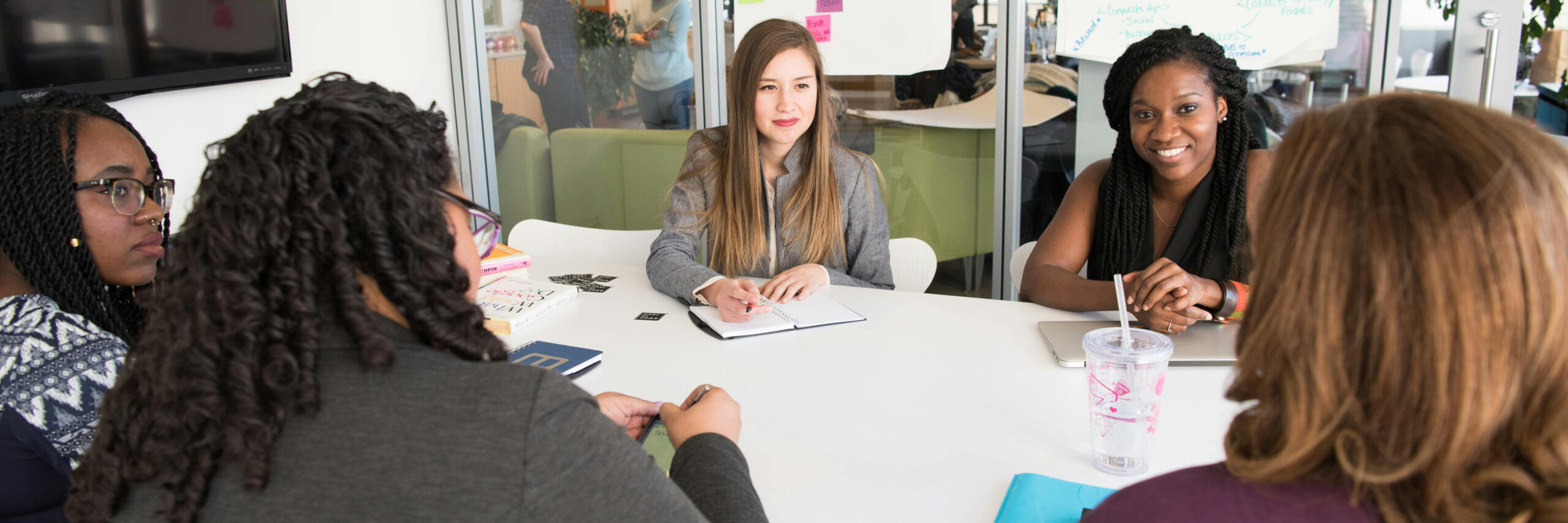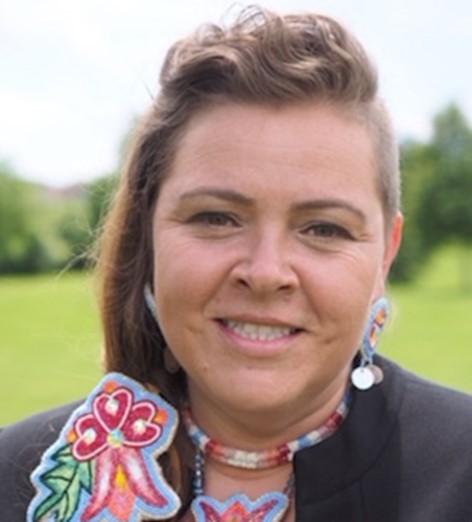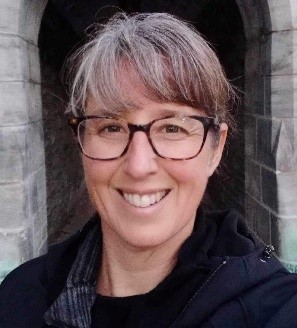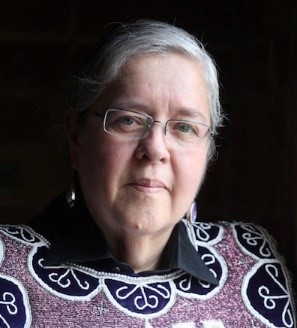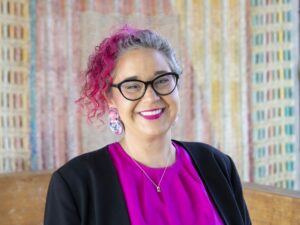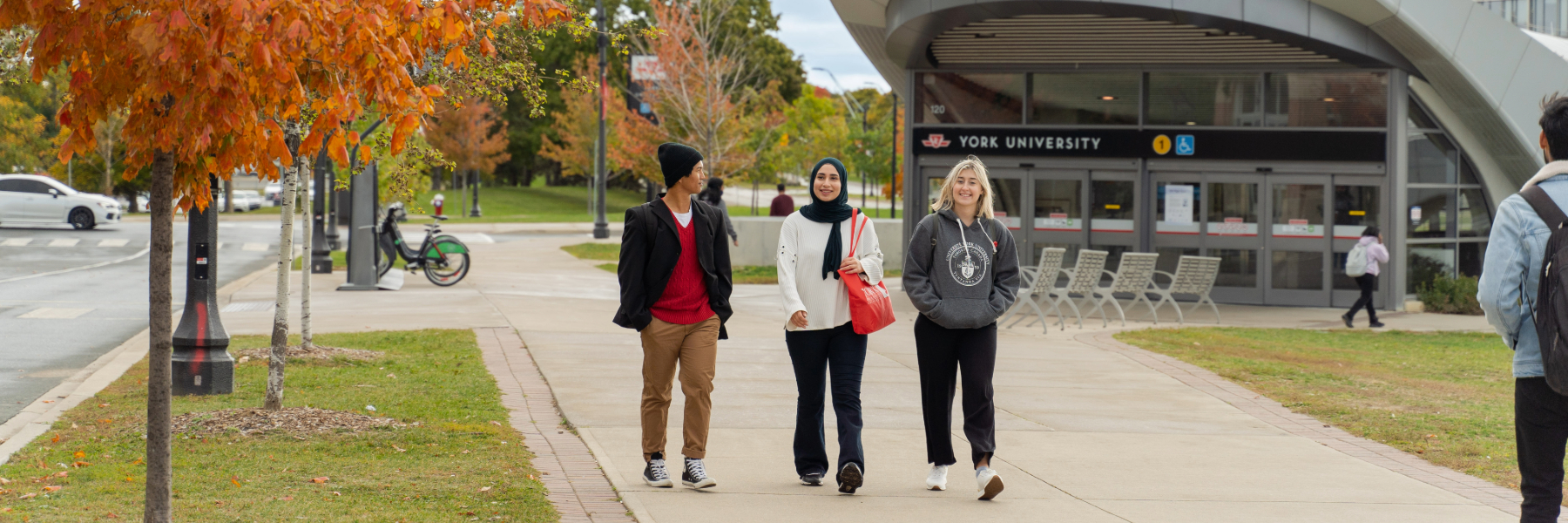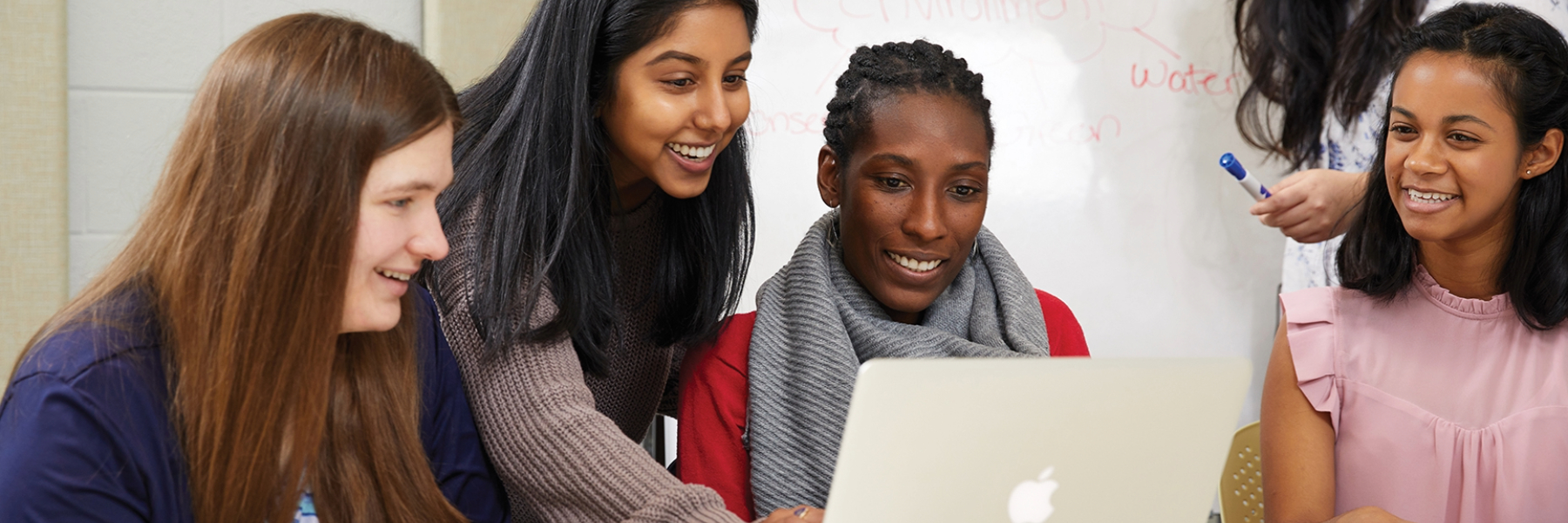One of the foundational relationships of the graduate student experience is the one between student and supervisor. As part of its 60th anniversary celebrations, York University’s Faculty of Graduate Studies (FGS) is hosting an online graduate supervision conference geared specifically toward supervisors.
Held in partnership with Memorial University of Newfoundland, the conference – called Collaborative, Constructive, Considerate: Fostering Dialogue on Best Practices in Graduate Supervision in Canada – will be held virtually on Friday, May 31 from 9 a.m. to 3 p.m.
The conference will bring together graduate supervisors from universities across Canada, with the aim to lead and foster dialogue about best practices in supervisory pedagogy.
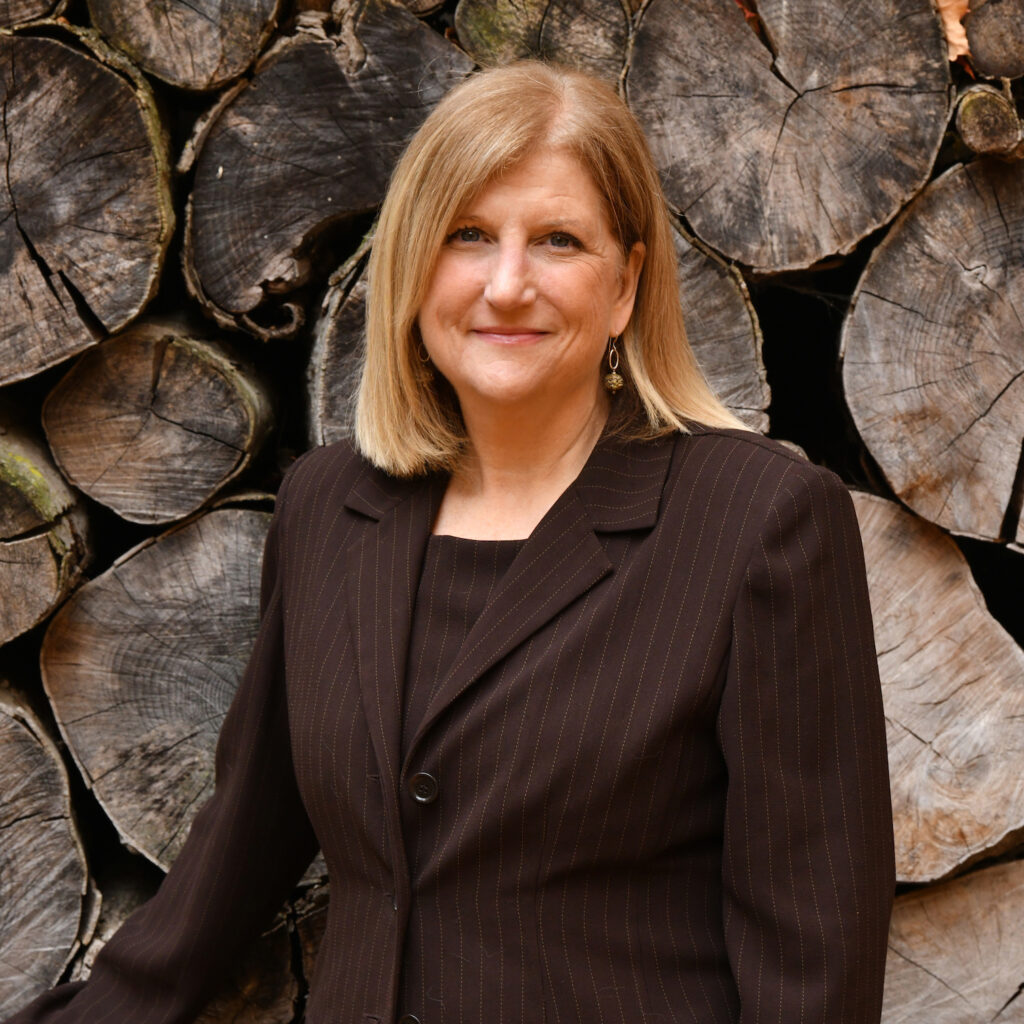
“We need to continue talking about principles and best practices,” says Cheryl van Daalen-Smith, conference Chair and associate dean, academic of FGS
The conference is intended to fill a need for schools of graduate studies, which understand that more conversations have to happen about supervision.
“There’s an assumption that one learns to be a supervisor by being supervised themselves,” she says, “when there’s so much more to it.”
A cornerstone of the academic environment, graduate education and the graduate supervisory experience play a pivotal role in shaping students’ academic and professional journeys. This relationship has a profound effect on the quality of research produced, development of academic skills and overall academic experience.
The conference will include a keynote address delivered by Bruce Shore, author of The Graduate Advisor Handbook: A Student-Centred Approach, titled “Connections to Quagmires: Setting Up for Successful Supervision.” A second keynote speech, by Supervising Conflict author Heather McGhee Peggs, will offer practical advice to help faculty manage the most common grad school concerns.
Experts in the pragmatics of supervision, mediating conflict and the requisite principles guiding Ontario universities will participate in a panel discussion to follow, examining the Principles for Graduate Supervision at Ontario Universities, which were developed last year by the Ontario Council on Graduate Studies.
A closing discussion moderated by van Daalen-Smith will end the day, with a focus on the Canadian Association for Graduate Studies Working Group Initiative and its mission to establish a set of national graduate supervision principles.
“We need to celebrate great supervision and foster discussions that identify exactly what it is that makes this pivotal educative role in graduate studies so influential,” says van Daalen-Smith.
The conference is free to attend, and registration is now open via the online form. For more information, visit the event web page.









